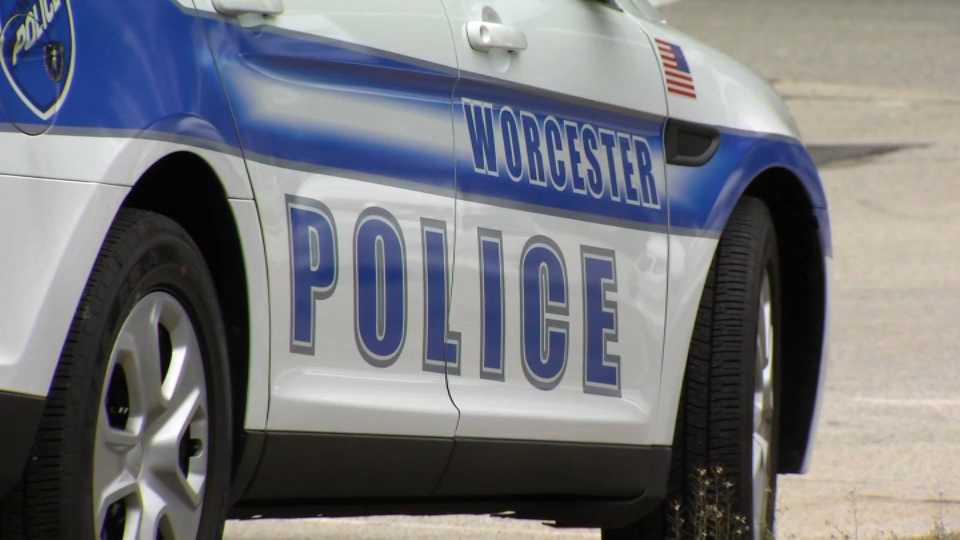It is the waning days of summer. Petty Officer Robert Letts steers a 29-foot response boat through Hull Bay. He's part of a crew serving Coast Guard Station Point Allerton. They are on a safety patrol, checking recreational boats on the water.
"We're checking to make sure everyone's driving safe, boating safely, making sure nobody's impaired," machinery technician Marcus Sanders said.
Though Massachusetts legalized recreational marijuana, the drug is still considered a controlled substance by the federal government and is illegal under federal law.
"If you're on the water, then you enter our jurisdiction," Sanders said.
The Coast Guard makes no distinction between state and federal waters, so their reach includes Boston Harbor to the open ocean to lakes and rivers like the Merrimack or Lake Champlain in Vermont.
"A lot of people don't know marijuana is illegal on the water," Letts said. "They think that because they're in Massachusetts that it's still legal. But under federal law we are obligated to prosecute."
On a typical summer day, boats crisscross the water off the coast of Hull. The Coast Guard crew boards several vessels, making sure they have enough life vests, a fire extinguisher, a working horn and other safety equipment. But they are also looking for signs of impairment or dangerous behavior -- riding on the bow, driving erratically or anything else that raises suspicion.
Local
In-depth news coverage of the Greater Boston Area.
According to Coast Guard data, boating under the influence is the leading cause of boating deaths. Alcohol is the biggest known factor, but operator inattention and inexperience also rank high, and the crew says boating while high is another concern.
"If you're under the influence of marijuana, you could be a very experienced boater, you could still be at risk with your own judgment and the judgment of others," Letts said. "Every one of our boardings is a law enforcement action and it will definitely take a bigger turn if we find marijuana on board."
If the crew finds marijuana on a recreational boat, Letts says they will confiscate it and eventually destroy it. They will also issue the boater a violation.
"It's mostly like a speeding ticket is the best way to put it," he said.
"If it was a small amount, large amount, there's a lot of factors going into how much that ticket could be."
Fines range from a minimum of $500 to a maximum of $5,000. The law applies anywhere on the water, including carrying marijuana on commuter boats or the Martha's Vineyard and Nantucket ferries. Enforcement begins as soon as boaters take to the water. And authorities don't distinguish between medical and recreational marijuana when issuing sanctions, Letts said.
"Marijuana is marijuana," he said.
We asked Sanders, the machinery tech, if these safety patrols were drug busts.
"No, no," he said. "They're not drug busts. We're not out to take anybody straight to jail. It's more of a teaching thing on the water. Our main thing is safety."
In 2018, Coast Guard crews seized marijuana 34 times from boaters in the Northeast, from Maine to New Jersey.
"The biggest thing is that we're getting it off of the water and keeping people safe," Letts said. "Those 34 boardings and seizures very well could have saved lives if somebody was actually driving their boat under the influence of marijuana."
After boarding several boats, the crew found no safety violations and no marijuana.
"It's a good day," Sanders said. "Nobody got hurt. Everybody got to go home to their families -- so a good Coast Guard day."



